La French Tech: a paradox – why startups in France are booming

You may have heard the phrase ‘La French Tech’ with regard to the recent boom of startups in France. Despite entrepreneur being a French word, the rest of the world has typically viewed business in France as heavily bureaucratic, staid and socialist – nothing like the dynamism and disruption of the tech scene.
How has deeply traditional France managed to become a hotbed of innovation? Is it a shift in French mentality, or just clever government policy to boost the economy?
Qu’est-ce que c’est ‘La French Tech’ ? 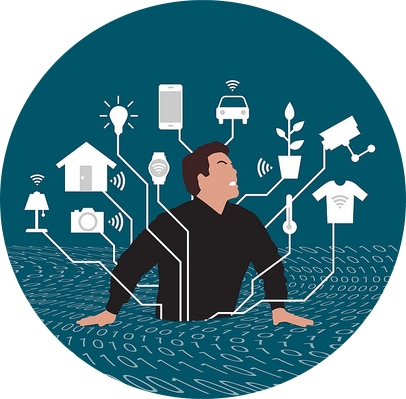
In 2013, the French government launched a publicly funded initiative to support startups in France and to promote them under a single brand: voilà – ‘La French Tech’ was born.
French Prime minister Bernard Cazeneuve has credited former minister Fleur Pellerin with “inventing” ‘La French Tech’.
She formulated a three-part plan: encourage education institutions to promote tech specialists, boost funding for startups, and market the resulting companies under a cohesive brand.
As well as promoting startups in France and French startups overseas, the government is also trying to attract foreign entrepreneurs to France via a ‘Passeport Talent’ scheme.
So, how did France pull it off?
France has historically been strong at producing maths, science and engineering graduates from its Grandes Écoles. And recently, many of the large universities have taken up the mantle of promoting tech and have launched initiatives to foster entrepreneurship.
As a result, French graduates are increasingly picking careers in tech or startups, as opposed to the traditional career paths of government, finance or consulting.
Even back in 2011, before the ‘La French Tech’ label was born, the government was working towards increasing investment in startups. Bpifrance was launched, a public investment bank. Between 2013 and 2016 it invested more than €1.6bn in France’s tech industry.
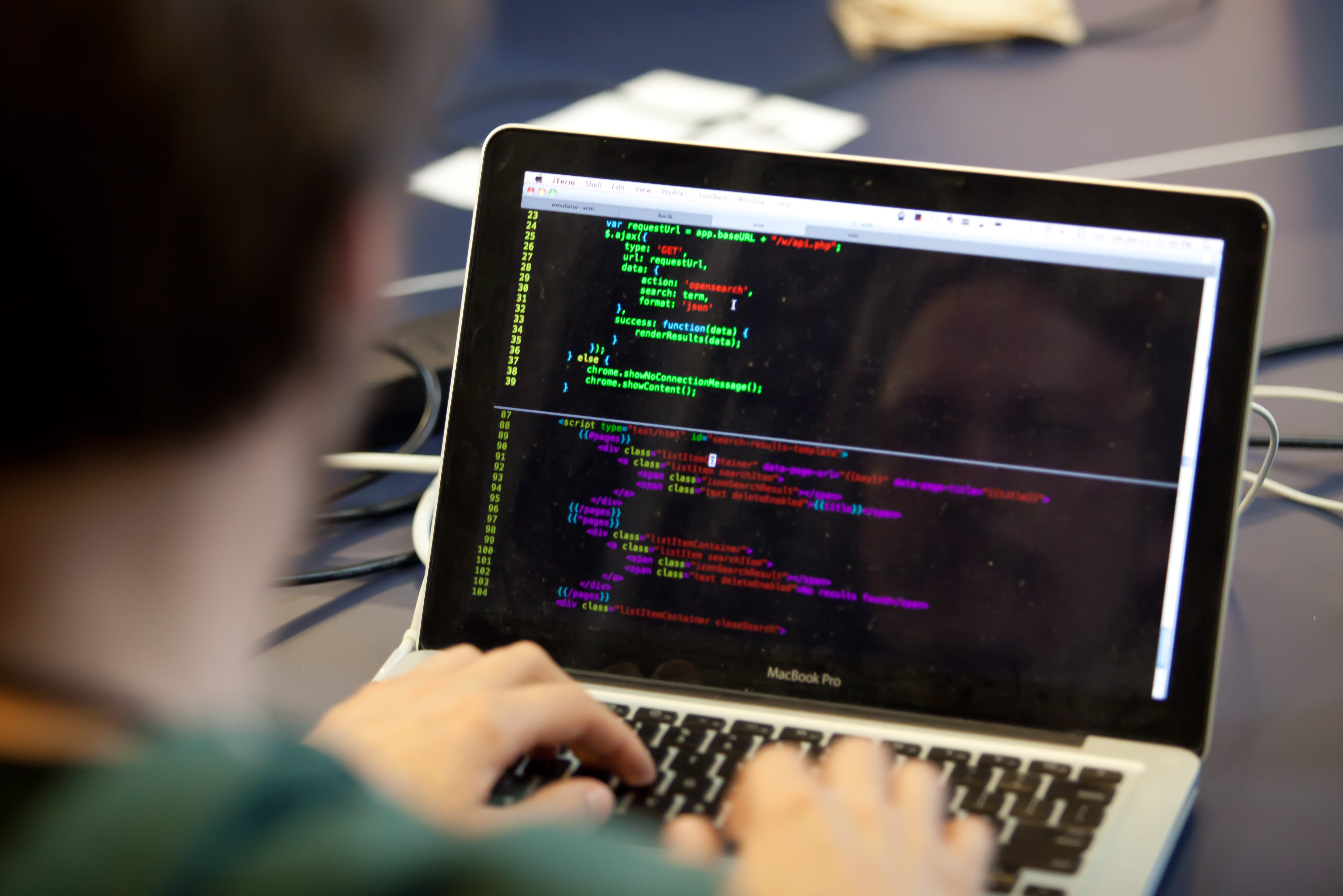
According to Cazeneuve, overseas promotion of ‘La French Tech’ was initially difficult as “people thought we weren’t business-friendly.” But with the latest figures showing that France is leading Europe in the number of investment rounds, this view of France will soon be a thing of the past.
‘La French Tech’ success
Pellerin (who has now left the government, and is working on her own tech startup) and her team have certainly made an impact, and quickly.
- Rapid sector growth
French startups are growing rapidly: they make up nearly 20% of Deloitte’s 2016 Technology Fast 500 EMEA, a list of the fastest-growing technology companies in Europe, the Middle East and Africa.
- Investors active
Investors are keen to get involved: more than $6bn has poured into the French tech sector in the past five years.
- Internationally competitive
French startups are competing on the world stage: in 2017 a third of hardware startups at the annual worldwide technology tradeshow CES were French.
- Silicon Valley vs Station F
And of course, pitting Paris squarely against Silicon Valley is the recently-opened Station F, the world’s biggest “startup campus“.
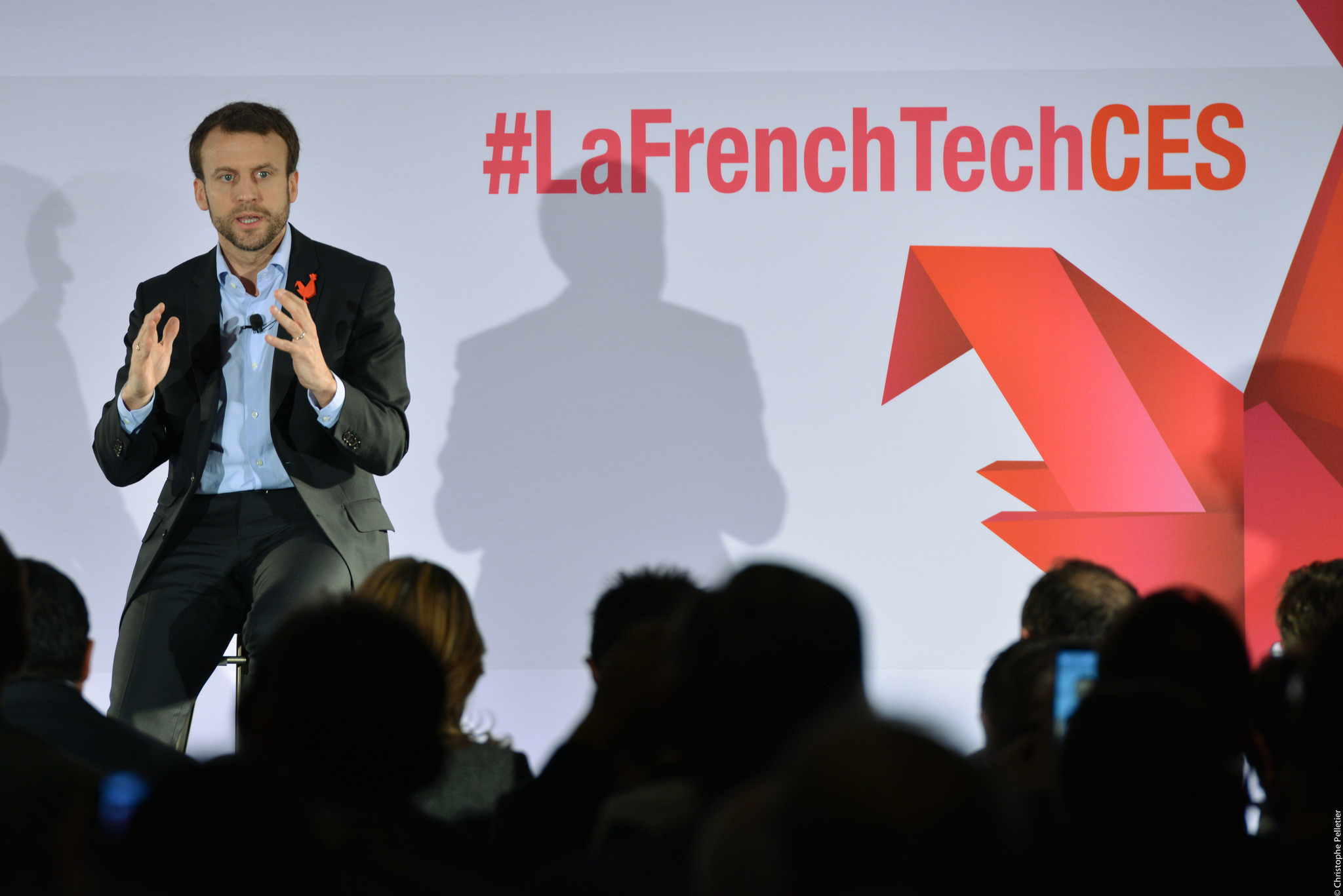
The French paradox
As a country steeped in tradition, it seems almost paradoxical that France would be at the forefront of innovation. France is renowned for fiercely protecting its traditions, whether that be food, wine, or arts and crafts. 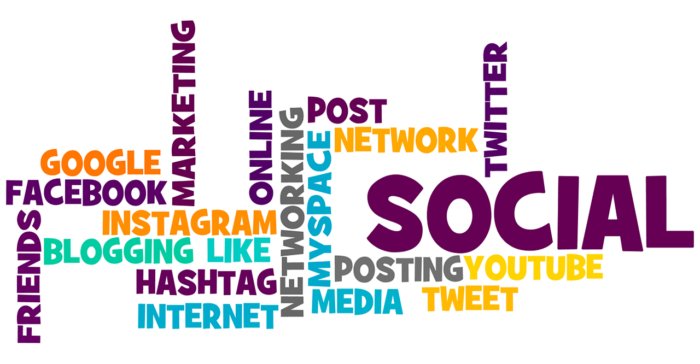
Take the French protectionist attitude and its reluctance to embrace language evolution, for example.
Words like courriel for email (or pourriel, which is the rather pleasing official translation for ‘spam’) and mot-dièse (hashtag) are the authorised French terms. Despite the vast majority of the population using the globally-recognised English versions, France clings on to its own words – at least formally.
While fighting against Anglicisation is seen by many Francophiles as a good thing, when it comes to technology it could be argued that terminology should be universally consistent.
Startups in France: boom or bust?
However, not everyone has been complimentary. US tech journalist Jon Evans has pointed out that the French government’s strategy aims for tech startups to eventually be bought by bigger companies. He maintains this concept
stands in striking contrast to the Silicon Valley ethos. My considered assessment is that the French government, and to an extent the larger French tech scene, lacks ambition, boldness, and confidence, and their technology strategy is doomed to failure.
Dan Rowinski, writing for the App Resource Centre in the USA, somewhat agrees, laying the blame in French culture. He surmises that France’s belief in cultural superiority has led to discomfort with the international outlook required in business these days.
He goes on to assert “France has always somewhat chafed under the era of globalization […] to many French, the center of the universe is France.”

And France still can’t escape accusations of putting regulation above innovation, thus making it difficult for certain companies to grow. A recent example is the loyauté des plateformes – or platform fairness law – due to come into effect in Sept 2017.
The new law will force online platforms (Facebook, Uber etc) to let customers know if they are being paid to promote services by other companies. Some say it will stifle the growth of new companies that are built around this type of business model.
Looking to the future
With that said, the majority of commentary has been highly positive, and the statistics speak for themselves. France is really embracing and supporting entrepreneurship.
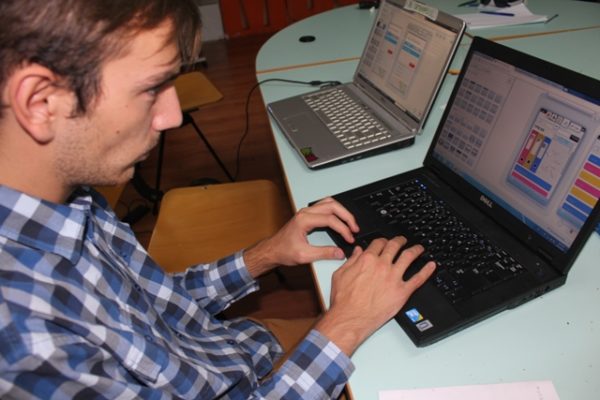 As Forbes concludes: “The French tech scene is getting hotter by the day.”
As Forbes concludes: “The French tech scene is getting hotter by the day.”
Perhaps unsurprisingly, it’s overwhelmingly millennials who are pushing the trend:
37% of under 35-year-olds in France would like to create their own business, and that rises to 65% if you only take into account 18 to 24-year-olds.
Nicolas Brusson, chief executive of BlaBlaCar (a successful French tech startup) lays this transformation squarely at the feet of the young:
“Now you have a generation that thinks global from day one. The main change is the level of ambition.”
What are your thoughts on ‘La French Tech’? Share your opinions in the comments.
Image credits:
1. ‘Paris at night’ by Walkerssk, via Pixabay
2. ‘Technology versus Humanity’ by Gerd Leonhard, via Flickr
3. ‘Typing computer screen reflection’ by Almonroth, via Wikimedia Commons
4. ‘Emmanuel Macron at The French Tech Night, CES 2016’ by Business France, via Flickr
5. ‘Word cloud social media words’ by narciso, via Pixabay
6. ‘Chatting Team Business Meeting’ via MaxPixel
7. ‘Youth Mobile App’ by United Nations Development, via Flickr






